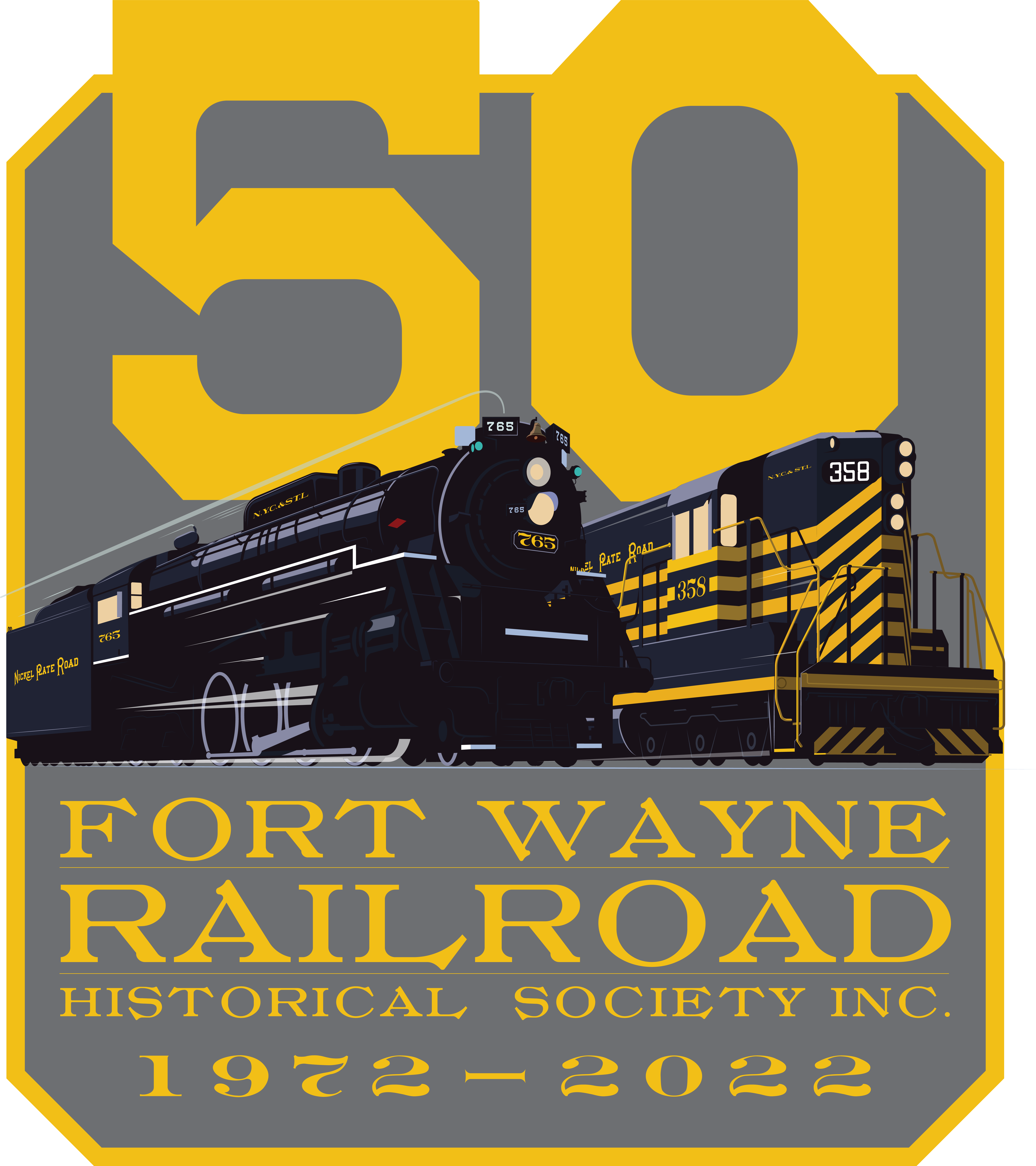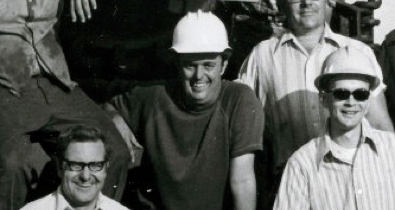Originally printed in the Winter 2010 issue of our newsletter, Short Lines. Become a member here to receive these and other stories.
By Kelly Lynch, Communications Director
Opportunities for public outreach are the cornerstones of a steam preservation program and nowhere is that more pronounced than when the 765 is doing exactly as intended: bringing excitement, enlightenment, and wonder to the public.
While many of us are absorbed in our respective duties as locomotive crew, car hosts, or gift shop sales, it can be easy to forget that for many, a visceral, meaningful connection is made whenever the 765 turns a wheel.
As we work our way into a new century, it’s clear that the ability to inspire a connection in the public is strained by time and shifting demographics. This puts new emphasis on every personal encounter that passengers or supporters may have with the organization and the locomotive. Each experience is another opportunity to gain a new supporter, inspire a young fan, and cement the importance of our 400-ton time machine.
The 765’s role as an educational tool is clear, but we would be remiss to forget its power as a people-mover in the emotional sense.
Following TrainFestival, the crew of the 765 was reminded of this in a letter received from a cab rider who, in conjunction with his job to film part of the locomotive’s excursion to Alma, Michigan had with him the 12 year-old son of his client to take photographs of the ride. He sent us the following:
“Just wanted to again offer my profuse thanks for the cab ride in Owosso the other day. I cannot begin to tell you the profound impact that cab experience had on my client’s 12 year-old son. He’s a great kid and a really well-read railroad fan, but he’s intensely shy, has few friends and is going through a lot of those awkward stages that kids encounter as they enter seventh grade. His dad told me that the very prospect of getting a cab ride in a main line steam locomotive made him sleepless for almost two weeks prior to the trip, and I was slightly hesitant to say “yeah, we’ll get you in the cab” since I figured his age might be a problem.
So, when all was cleared to ride the 765 with you, he already appeared to have grown another foot. I sensed self-confidence I had never seen before.
Shortly before we climbed in the cab with you, Mason asked me if I thought the engineer would let him blow the “horn” – he has a slight speech impediment, seems acutely aware of it and says “horn” to avoid the embarrassment of using any word like whistle that makes his “w’s” sound like wubbleyou’s.
“That whistle’s a big deal to most engineers. Getting to blow the whistle, that’s something between you and the engineer,” I said, as if issuing a challenge for Mason to come out of his shell.
So, when we pulled into Alma, you might not have noticed, but he stammered twice before finally getting the nerve to ask you about “blowing the horn.” Your positive response to his request, and admonition to “do it the right way” sounded like something straight from a John Wayne movie, and I shot a few still photos for him to keep as souvenirs. I also noticed that his two-longs-a-short-and-a-long [the standard grade crossing signal] appeared well-rehearsed.
His dad and I noticed a huge difference in his demeanor for the rest of the day. When we arrived at our hotel Saturday night, he immediately phoned his mother and grandmother, quite emotionally, telling them that the ride was “the coolest thing” he’d ever done.
He also told both mom and grandmother that the men on the engine treated him like “one of the guys” – letting him ride in the pilot engineer’s seat, the brakeman’s seat behind the fireman, and in the gangway. Mason’s Dad and I eavesdropped, then left the room, and his Dad told me this was a “huge” deal to see and hear his son’s excitement.
I think it’s important for you, Steve and the other fellows in the cab to know that your simple acts of kindness to a 12 year-old appeared to me to be life-changing. He appeared to be charged with a new sense of self-confidence, and as we left the airport last night I told him that I expect to see an exceptional “How I Spent My Summer Vacation” essay in 7th grade English class this fall. His dad will keep me posted, I’m sure.

After TrainFestival, the 765’s last public trip was the October 3rd doubleheader with Pere Marquette no. 1225.
On this trip, cab ride raffle tickets were sold for both locomotives. SRI had chosen to hold the photo runbys just before the sun disappeared behind what had previously been a perpetually rainy and overcast sky.
A woman, Elaine, came aboard to enjoy the ride, was seated in the road foreman’s seat, and while she didn’t say much, took in the cooperation of the crew and the steam action with interest, commenting later that she never thought it would have taken so much work to operate a locomotive.
Unknown to the locomotive crew at the time, a special set of circumstances had played a role in hosting an additional cab rider.
During the trip, Bill Otter learned that Elaine, who was traveling with her husband, was seriously ill and had only a few months more to live. After learning of her interest to ride in the cab Directors Bill, Mike Guptail, Wayne York and Steve Winicker decided that there would be more than one cab-ride winner that day. (The additional winner was a railroad fan from England, no less!)
Before the runbys, crew member Andrew Enyart came aboard discretely requesting that the crew sign a 765 shirt. Once back on the SRI tool car, Andy had members of the 1225 crew sign the shirt as well.
When presented with the signed shirt, she and her husband rendered an emotional thank you and re-boarded the train to Alma.
Those of us on the engine didn’t know it at the time, but Elaine had chosen this trip with her husband above taking a larger vacation to other attractions like the Grand Canyon.
Regardless, guest engineer and RailAmerica Vice-President of Rules and Safety Preston Claytor and crew members Jeff Rayner and Mark St. Aubin treated Elaine like royalty.
A few hundred horsepower is good for the heart, and not just our own but others as well. We’ll remember Elaine and our young cab rider’s personal journeys with the 765 for many years.





